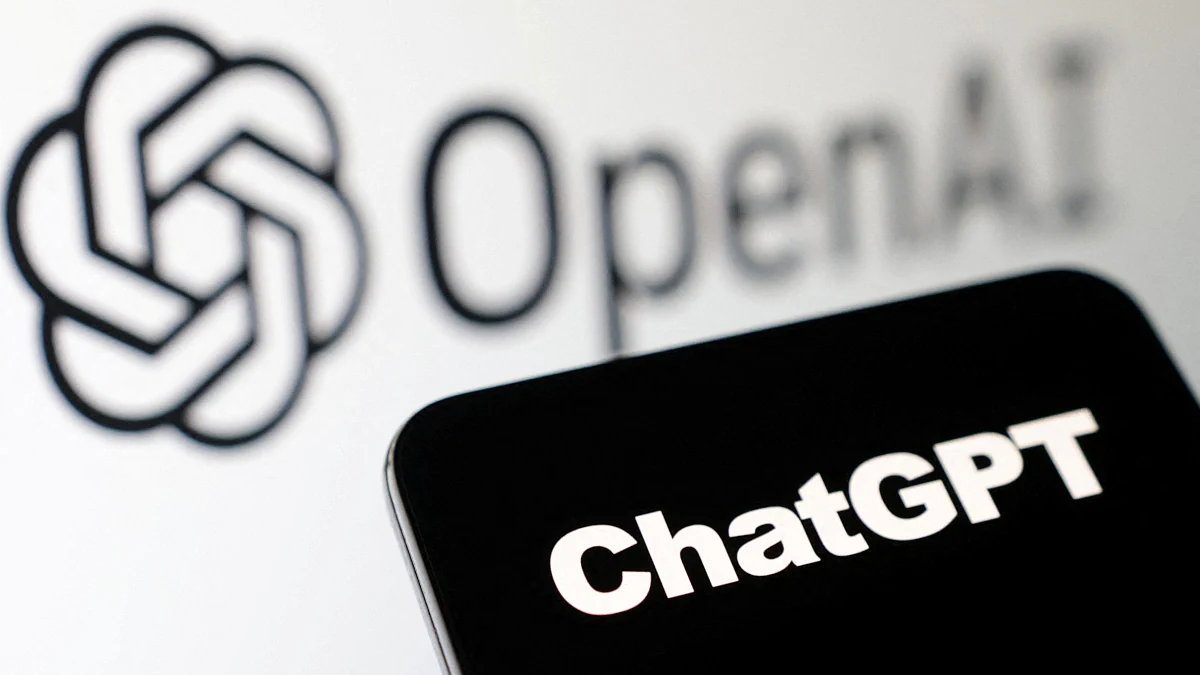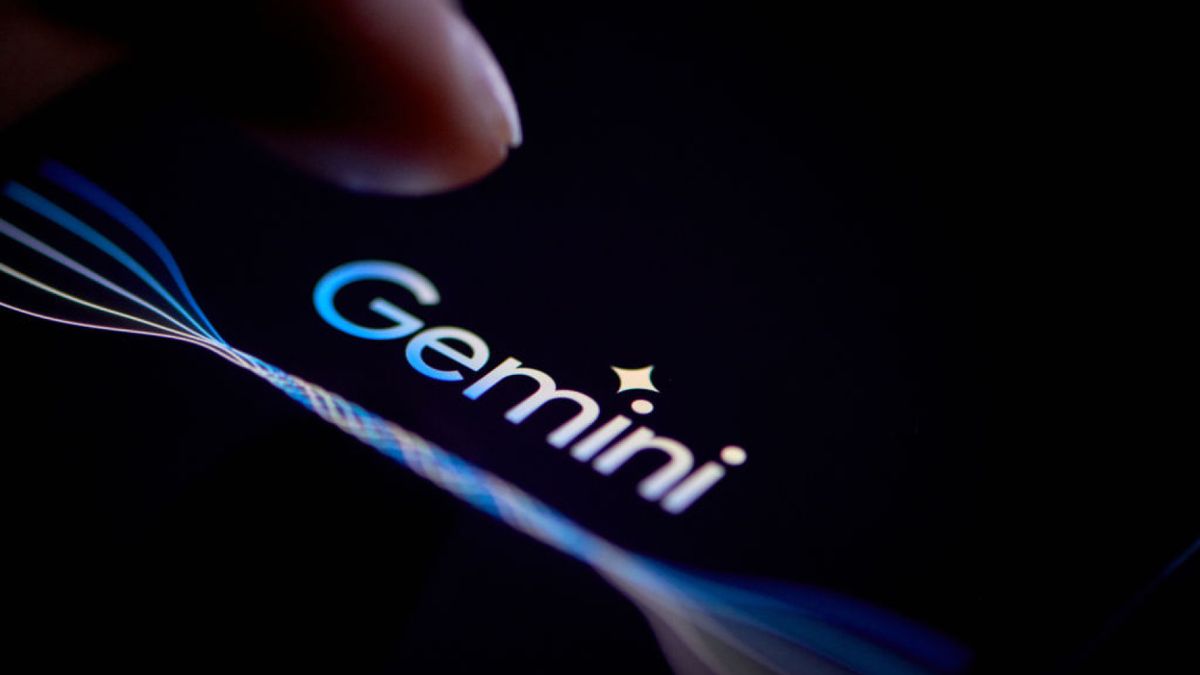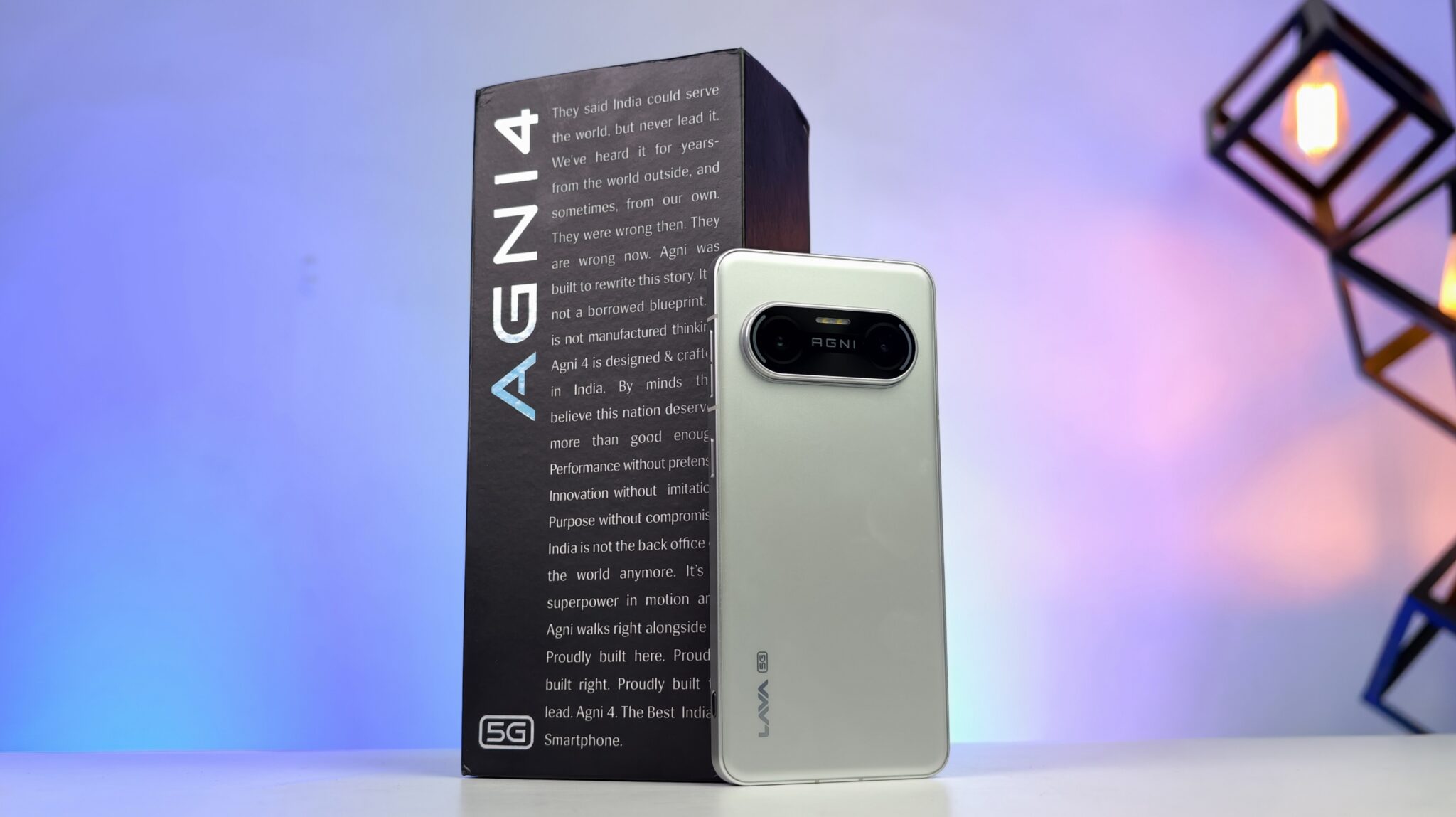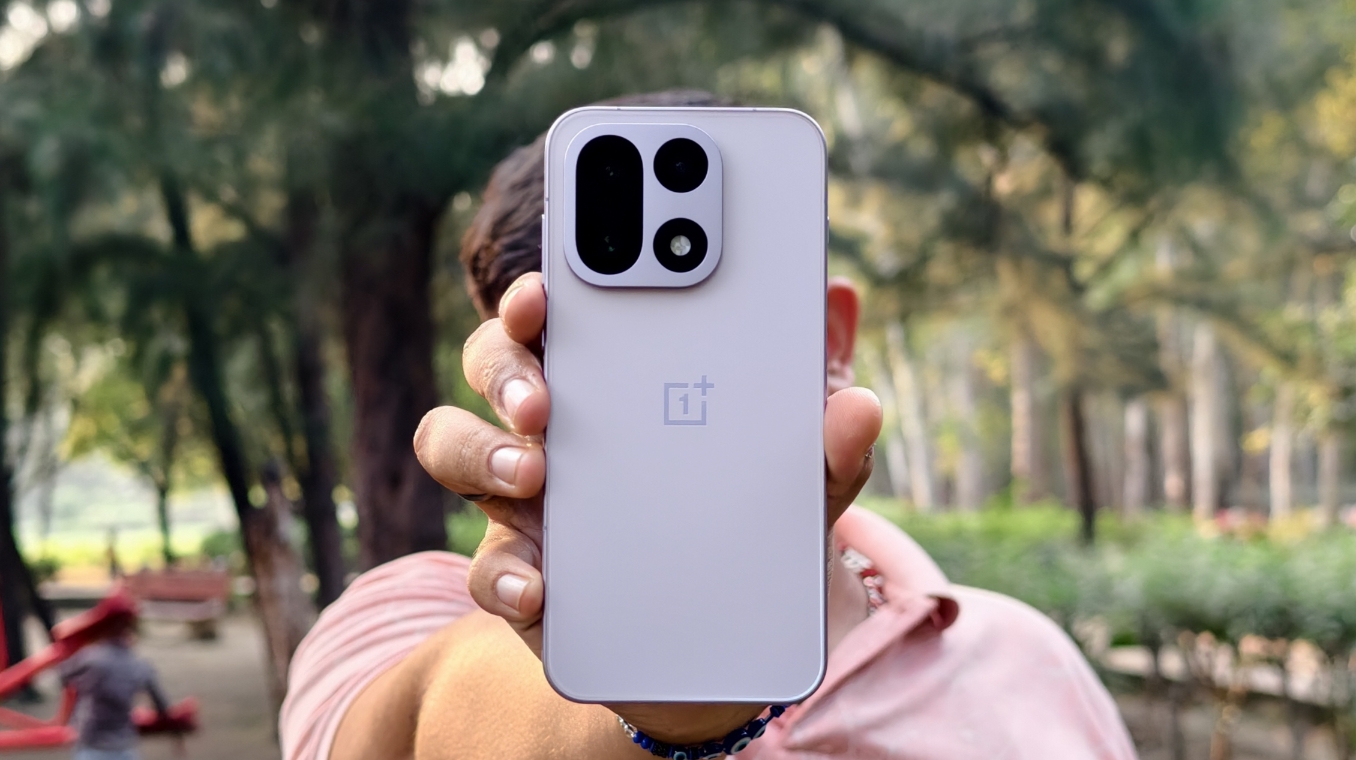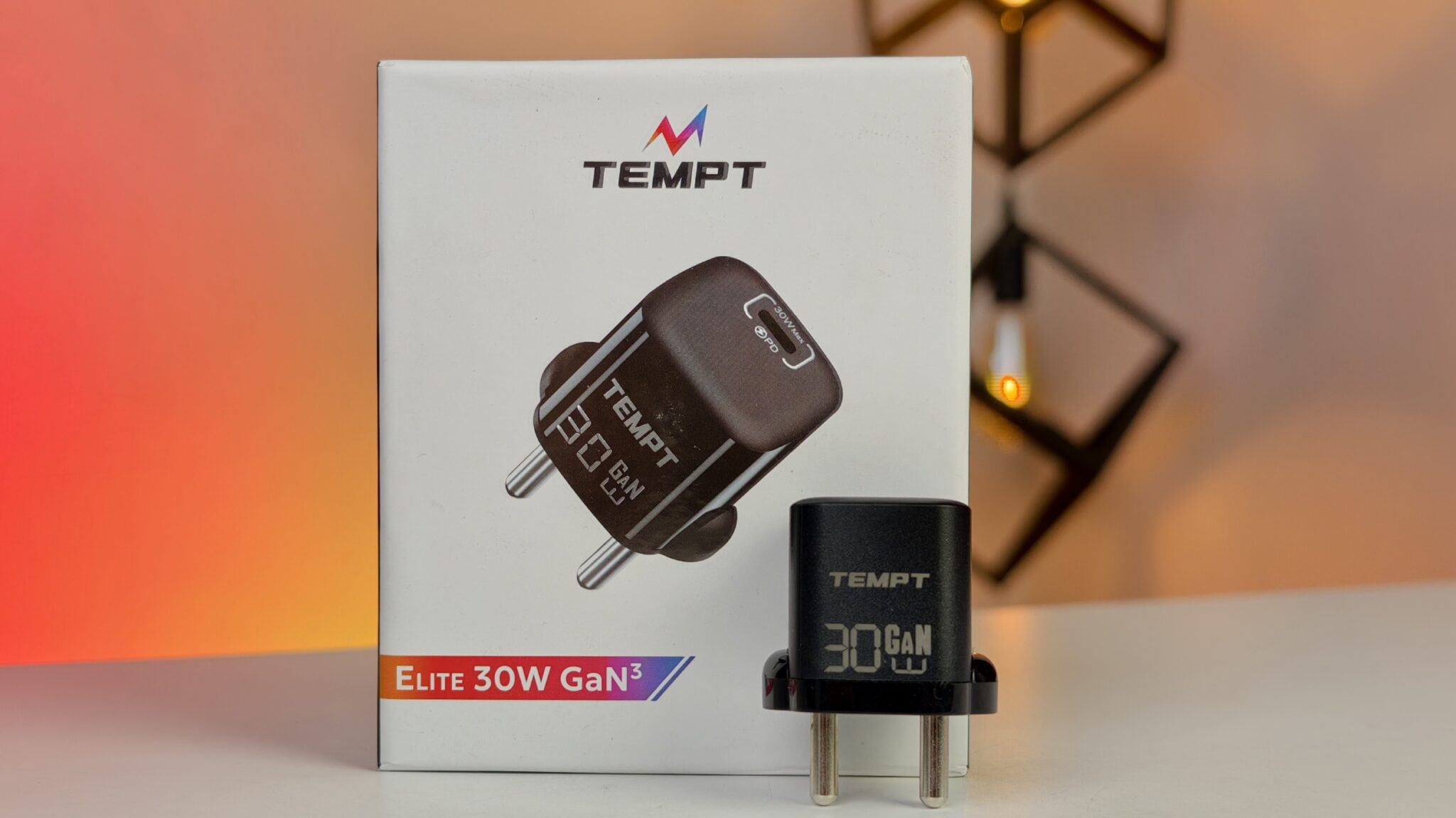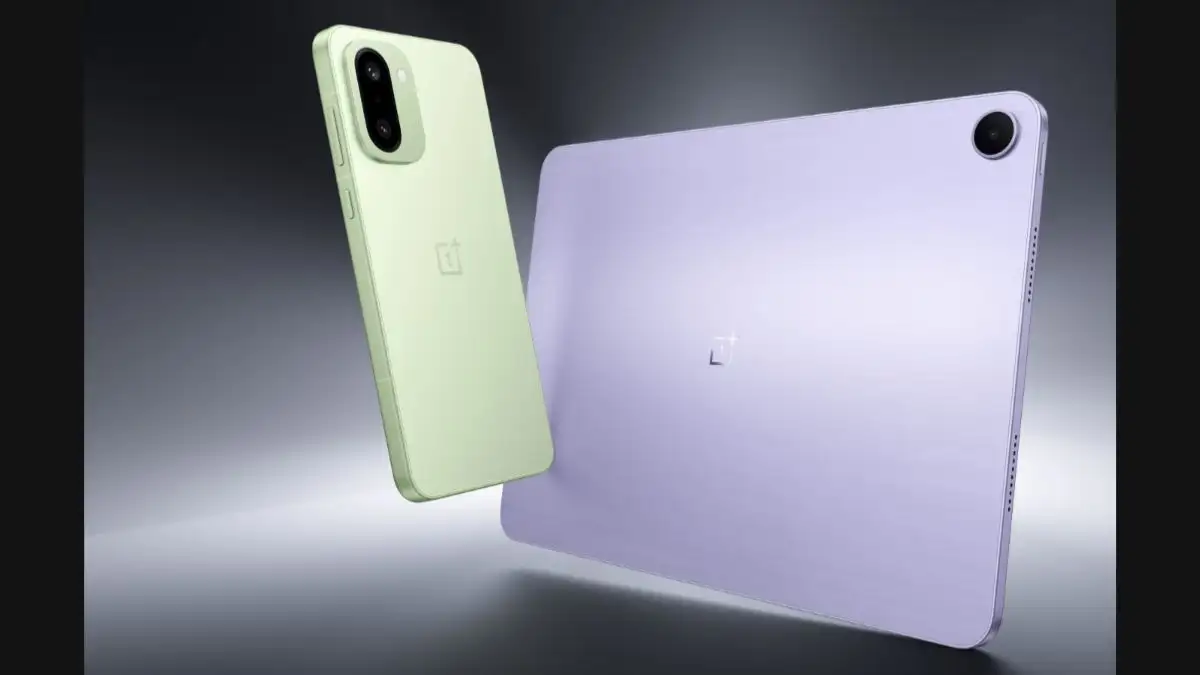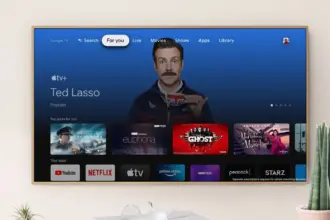OpenAI has begun rolling out a significant update to its popular AI chatbot, ChatGPT, extending its memory feature to free users. This move marks a notable shift in how artificial intelligence interacts with individuals, allowing the AI to recall details from previous conversations and offer more personalized and contextually aware responses. What was once a perk reserved for paid subscribers (Plus and Pro tiers) is now available to a much broader user base, transforming the ChatGPT experience for millions.
The rollout began on June 3, 2025, enabling ChatGPT to retain information and preferences across multiple sessions. Gone is the “blank slate” approach that characterized its earlier free version. Now, if you share details like your dietary preferences, preferred writing style, or a specific project you’re working on, ChatGPT can remember these aspects for future conversations, tailoring its responses to meet your needs without you having to constantly reintroduce the information.
What Does “Memory” Really Mean for ChatGPT?
ChatGPT’s memory works in two primary ways:
- Saved Memories: These are the details you specifically ask ChatGPT to remember or information it automatically deems important. For example, if you tell ChatGPT, “Remember, I’m a freelance graphic designer,” it might store this information to help with future design-related queries. You also have full control over these saved memories, with the option to manage or delete them at any time through your settings.
- Chat History Reference: This newer feature allows ChatGPT to draw from previous conversations, even if the details weren’t explicitly saved. It reviews recent chats to understand context and provide more relevant responses based on your ongoing needs. It’s designed to maintain a continuous flow, making interactions feel more natural.
For free users, this memory upgrade is a “lightweight” version, offering short-term continuity. While it significantly enhances personalization, it doesn’t offer the same deep, long-term memory available to Plus and Pro subscribers. The paid versions provide a more robust, enduring understanding of user interactions over time.
Why This Update Matters
This memory upgrade significantly improves the utility of ChatGPT for free users. Here are a few scenarios where the new feature could make a big difference:
- Learning and Education: Imagine a student asking ChatGPT about historical events. Over time, ChatGPT could remember their areas of interest, suggest related topics, or even recall past questions to build on their knowledge. It would feel less like starting from scratch every time.
- Creative Writing: For writers, ChatGPT could remember character names, plot points, or your preferred writing style, keeping things consistent across different segments of a story or project. This could help writers avoid the frustration of having to re-explain details every time.
- Daily Tasks: For those who regularly use ChatGPT to plan meals, it could remember your dietary restrictions or favorite cuisines, offering tailored suggestions without needing to reintroduce them. It’s like having a personal assistant that really gets you.
This new personalization makes ChatGPT much more intuitive and relevant for everyday use, which means less effort on your part to make it useful.
User Control: You Are in Charge of ChatGPT’s Memory
OpenAI has made it clear that users have full control over ChatGPT’s memory, which is a key feature, especially given the privacy concerns surrounding AI systems storing personal information. Here’s how you can manage it:
- Toggle Memory On/Off: You can disable the memory feature entirely if you prefer that ChatGPT doesn’t retain any information from your chats.
- Manage Saved Memories: In the settings, you can review, manage, and delete any saved memories. You can delete individual memories or clear them all at once, depending on what suits you.
- Temporary Chat: For situations where you don’t want ChatGPT to create or use any memories, you can start a “Temporary Chat.” This ensures that the conversation stays isolated from your persistent memory.
For users in the European Economic Area (EEA), including the EU, UK, Switzerland, Norway, Iceland, and Liechtenstein, an explicit prompt will appear, asking you to enable the memory feature. You can also manually activate it in your settings. Outside these regions, free users with memory enabled will automatically receive the upgrade.
Additionally, OpenAI has implemented safeguards to reduce bias and ensure that ChatGPT doesn’t proactively remember sensitive information, like health-related details, unless you explicitly share them.
The Broader Impact on the AI Landscape
By extending ChatGPT’s memory to free users, OpenAI is setting a new standard in AI personalization, putting pressure on other chatbot providers to follow suit. This could push the entire AI industry to enhance its capabilities, making these tools more practical and accessible for everyone.
The memory upgrade is just one of many steps OpenAI is taking to improve ChatGPT. As AI continues to play an ever-growing role in daily life, features that make interactions more seamless, natural, and relevant will become essential for widespread adoption. ChatGPT’s ability to remember past conversations is a move toward making AI interactions feel more human-like, anticipating users’ needs and offering personalized assistance.
As more users begin to experience this new feature, it will be interesting to see how this shapes the evolving relationship between humans and AI. OpenAI’s latest update points to a clear direction for AI development: systems that are not only smart but also attuned to the unique needs and preferences of each user.
This update promises to make ChatGPT even more useful, offering a more tailored and dynamic experience for free users. It’s a sign of things to come in the world of AI—one that prioritizes personalization and user control, all while making our digital interactions more efficient and meaningful.


